Closing the Racial Wealth Gap Through Black Entrepreneurship
As we celebrate the growth of Black entrepreneurship this Juneteenth, it’s important to recognize the profound impact that Black-owned businesses can have on closing the racial wealth gap in the United States. Recent data reveals that the racial wealth gap remains a stark reality, with Black households being ten times less wealthy than their white counterparts. This disparity, rooted in a history of slavery and systemic discrimination, has created significant obstacles for Black entrepreneurs seeking to thrive in today’s economy.
Kezia Williams, CEO of the Black upStart, highlighted the current state of Black entrepreneurship during her interview with “Marketplace Morning Report.” She pointed out a crucial statistic: while there are over 3.12 million Black entrepreneurs currently operating, only around 140,000 are capable of employing at least one person. “African Americans are one of the only groups that don’t produce the same amount of jobs that is proportional to the percentage of our population, which is around 13%,” Williams emphasized.
A bright spot in this narrative is that Black women represent the fastest-growing segment of entrepreneurs today. Williams attributes this surge in part to increased educational opportunities, which empower Black women to venture into entrepreneurship as they seek financial independence. “Black women especially working in these white-collar jobs, where sometimes they’re the only Black faces — they’re looking for opportunities outside of their 9 to 5 in order to generate income,” she noted.
However, the journey is not without its challenges. Access to funding remains a significant hurdle, with only 2% of minority founders receiving venture capital. Black women, in particular, receive even less, with only 1% obtaining such funds. Williams underscores the importance of community development financial institutions (CDFIs) as vital resources for Black business owners, stating, “we teach how to establish relationships with community development financial institutions, which through public charter are mandated to help women and minority-owned businesses.”
The success of Black-owned businesses not only contributes to economic growth but also leads to increased hiring of Black employees. Williams states, “Black entrepreneurs, when they become Black employers, they are more likely to hire Black…They’re also more likely to serve Black interests.” The potential for Black-owned companies to meet the needs of the community is profound, evidenced by the projected annual spending by Black consumers reaching $1.5 trillion by 2030.
As we reflect on the importance of Black entrepreneurship, let us recognize its critical role in addressing the systemic inequities that have created the racial wealth gap. By supporting Black-owned businesses and fostering an environment of economic empowerment, we can help pave the way for a more equitable future. “When Black-owned businesses succeed, they symbolize hope and opportunity, providing a much-needed lift to entire communities” (Marshall-Genzer & Schroeder, 2024).
At ThrivCloud, we are committed to empowering Black entrepreneurs and promoting initiatives that bridge the racial wealth gap. Together, we can build a thriving economy that uplifts every member of our community.
